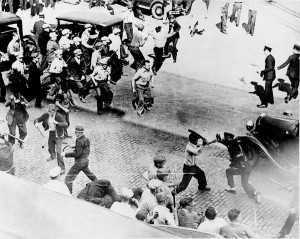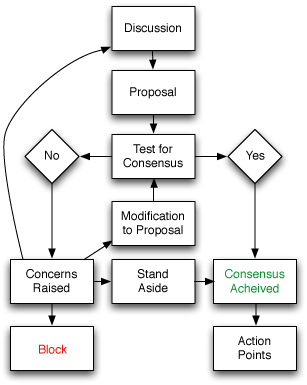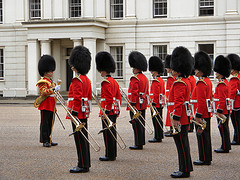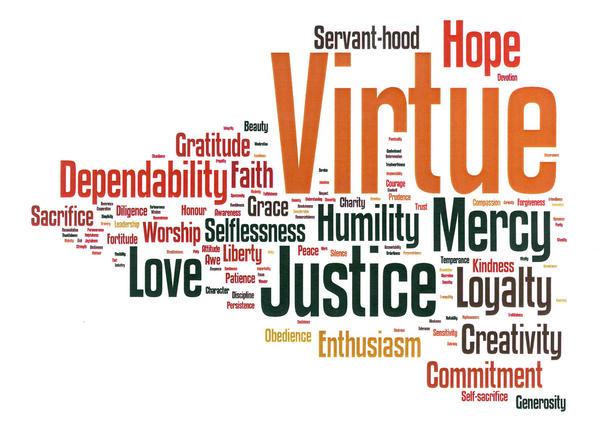 Confession is good for the soul, right? If that is true, then here is a confessional moment. I have made many mistakes in the many leadership roles that I have had over the years. Fortunately, I didn’t make all of these at the same time! And some of them, I still make from time to time. However, leadership is as much of a journey as it is a destination. So, I continue on.
Confession is good for the soul, right? If that is true, then here is a confessional moment. I have made many mistakes in the many leadership roles that I have had over the years. Fortunately, I didn’t make all of these at the same time! And some of them, I still make from time to time. However, leadership is as much of a journey as it is a destination. So, I continue on.
Nevertheless, here are a few mistakes that I have learned from. Maybe you will learn from them also.
- I have often allowed poor performance from staff when I know they are capable of better performance or more output. So, I ask myself now – Am I convinced that they are lead-able?
Click here to read the rest of the article »









